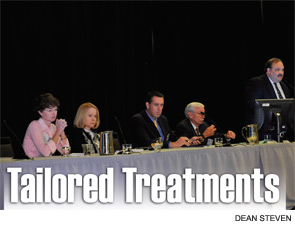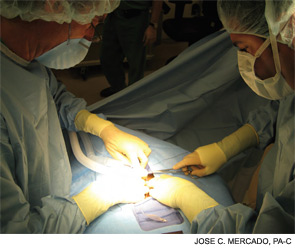An increasing number of physicians are venturing onto the web, and, in particular, into social media. Recently, my client Dr. M was advised by a consultant to update his practice’s website, create a Facebook page for his practice and join Twitter. The marketing consultant cautioned Dr. M that there are legal concerns for health care providers associated with the Internet and social media. While social media can be a beneficial marketing tool, it is important for physicians to have in place a specific media policy that addresses the proper ways to use this outreach both in and outside the workplace.








